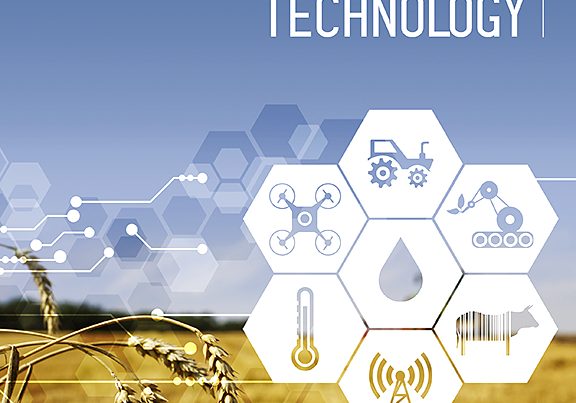Document type: article published in The Conversation
Author: Mathilde Tahar
Preview: Traditionally, philosophers have distinguished between humans and animals on the basis of human powers of invention. Yet animals, too, are inventors, providing the opportunity to rethink our vision of their nature. Animals never cease to amaze us, whether for good or bad, as has recently been seen with the orca attacks on boats in Spain, the causes of which are still unknown. What is certain, though, is that animals are capable of developing non-habitual and even genuinely new behaviours.
For several decades, biologists have been observing extraordinary new behaviours in animals. These behaviours cannot be explained by genetics alone, nor by the animals' responses to their environment. It seems that the animals have invented them.
This inventiveness overturns our ideas on the nature of animals, not just as a matter of science, but also in philosophical terms. While philosophers have, over the centuries, attributed sentience to animals, with the ability to choose, to conveny meaning, and even to learn, the capacity to create has always been considered the prerogative of humans alone. Yet animals do invent. This compelling fact has been the focus of my research since 2022. Working at the crossroads of philosophy and the biology of animal behaviors, I seek to understand how animals invent, and what this means for them and for our understanding of the living world.
Chickadees, macaques and herons as animal inventors [...]Animals, invention and play [...]Play, a focus for research [...]Research perspectives
Researchers have suggested that play enables animals to increase their behavioral flexibility, and to train themselves to respond innovatively to unpredictable situations. While I do not go so far as to assert that play has evolved for this function, I base my work on the hypothesis that it is indeed likely that playful activities promote individual adaptability by developing an individual's capacity for invention. Play could thus facilitate the emergence of innovations that might not otherwise have seen the light of day. [...]Should this prove. to be the case, then play could facilitate the emergence of new adaptive behaviours. Accordingly, the most playful individuals (and/or species) would also be the most likely to occupy new niches. By studying animal play, we could both better understand the process of invention in animals and enrich our understanding of adaptive processes.



